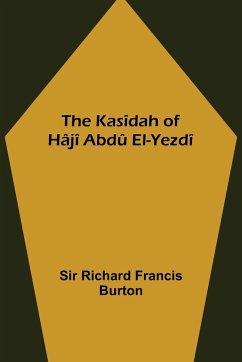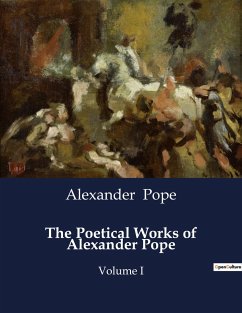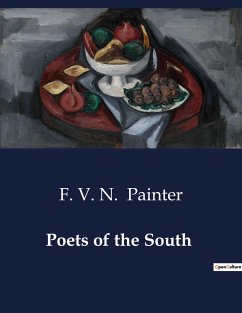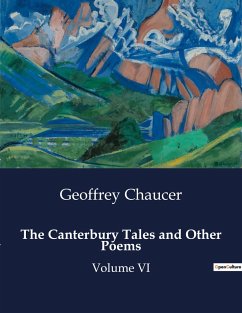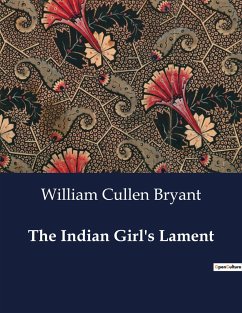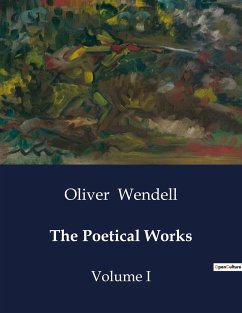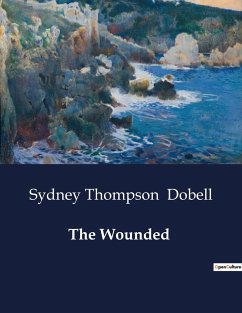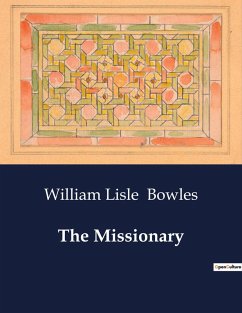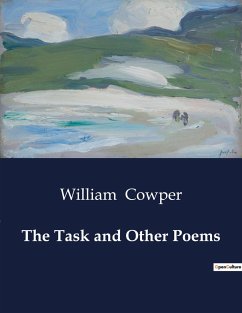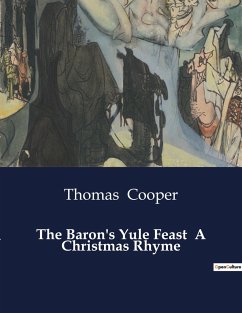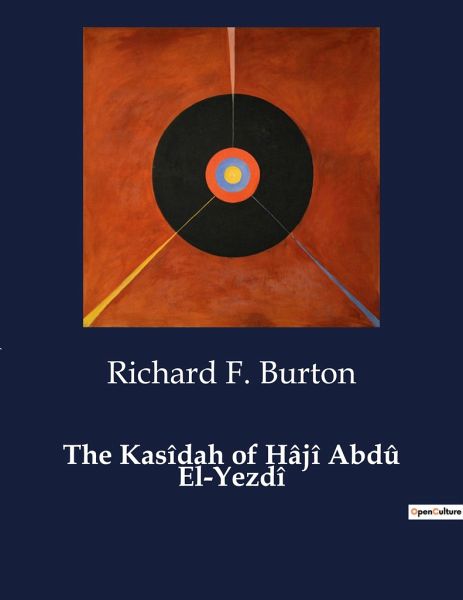
The Kasîdah of Hâjî Abdû El-Yezdî
Versandkostenfrei!
Versandfertig in 1-2 Wochen
12,00 €
inkl. MwSt.

PAYBACK Punkte
0 °P sammeln!
"The Kasîdah of Hâjî Abdû El-Yezdî" is a long poem written by Sir Richard Francis Burton, a British explorer, linguist, and writer. The Kasîdah, also known as "The Lay of the Higher Law," was written in the style of the classical Arabic qasida, a poetic form often used to express moral or philosophical themes. Key features of "The Kasîdah": Philosophical and Theological Themes: Burton's poem delves into philosophical and theological themes, exploring ideas related to existence, destiny, and the nature of the divine. Pseudonymous Authorship: The poem is attributed to a fictitious author,...
"The Kasîdah of Hâjî Abdû El-Yezdî" is a long poem written by Sir Richard Francis Burton, a British explorer, linguist, and writer. The Kasîdah, also known as "The Lay of the Higher Law," was written in the style of the classical Arabic qasida, a poetic form often used to express moral or philosophical themes. Key features of "The Kasîdah": Philosophical and Theological Themes: Burton's poem delves into philosophical and theological themes, exploring ideas related to existence, destiny, and the nature of the divine. Pseudonymous Authorship: The poem is attributed to a fictitious author, Hâjî Abdû El-Yezdî, allowing Burton to present his own thoughts and reflections in a different cultural and religious context. Cultural Exploration: Burton, known for his extensive travels and studies in the Middle East, drew on his experiences and knowledge of Islamic culture and literature to compose the Kasîdah. Versification: The poem is written in quatrains with a rhyming scheme, adhering to the traditional structure of the qasida. Translation and Commentary: Burton also provided translations and commentaries on the poem, offering readers insights into the cultural and linguistic aspects of the work. "The Kasîdah" is considered one of Burton's significant literary contributions, showcasing his linguistic skills and his ability to engage with diverse cultural and philosophical traditions.



